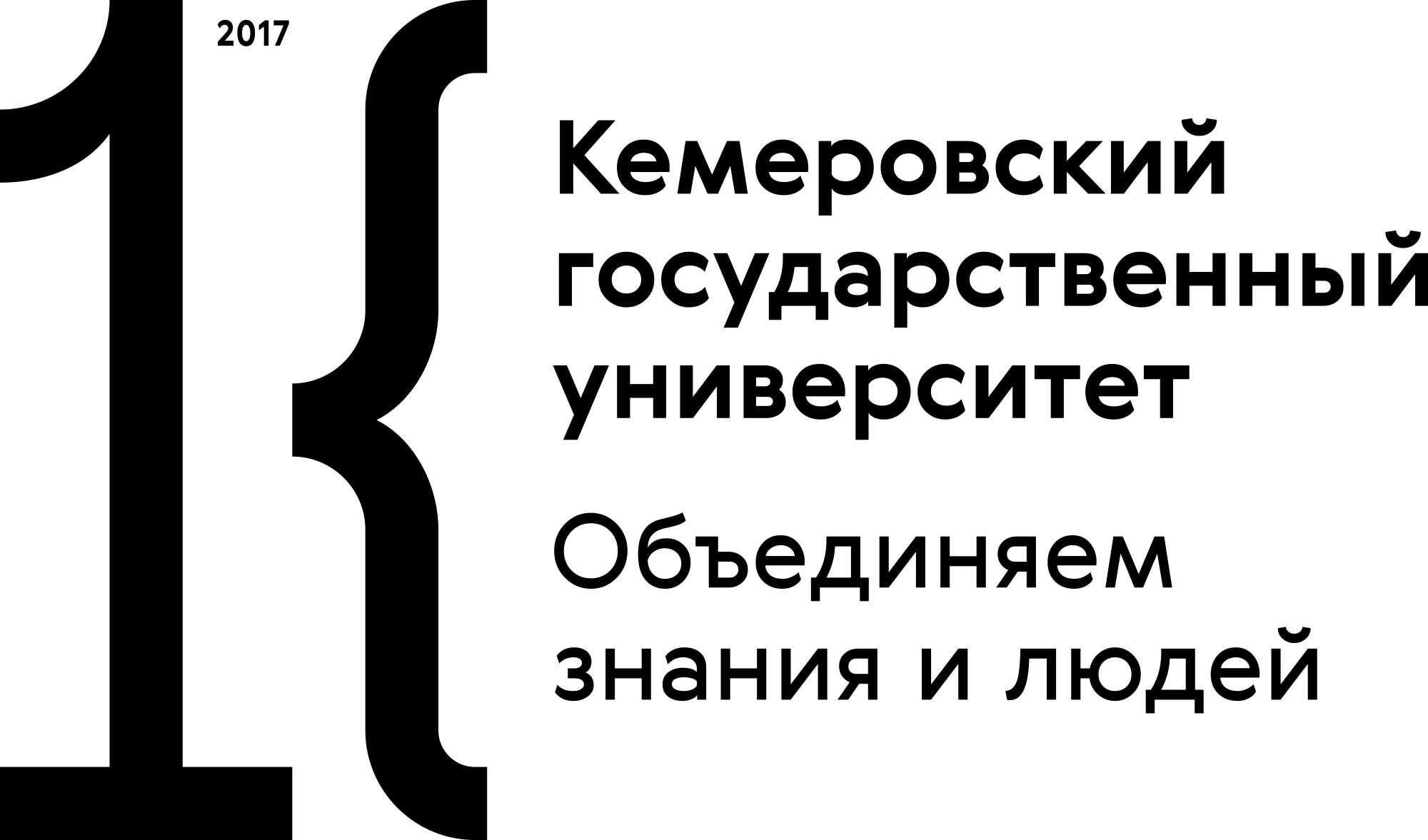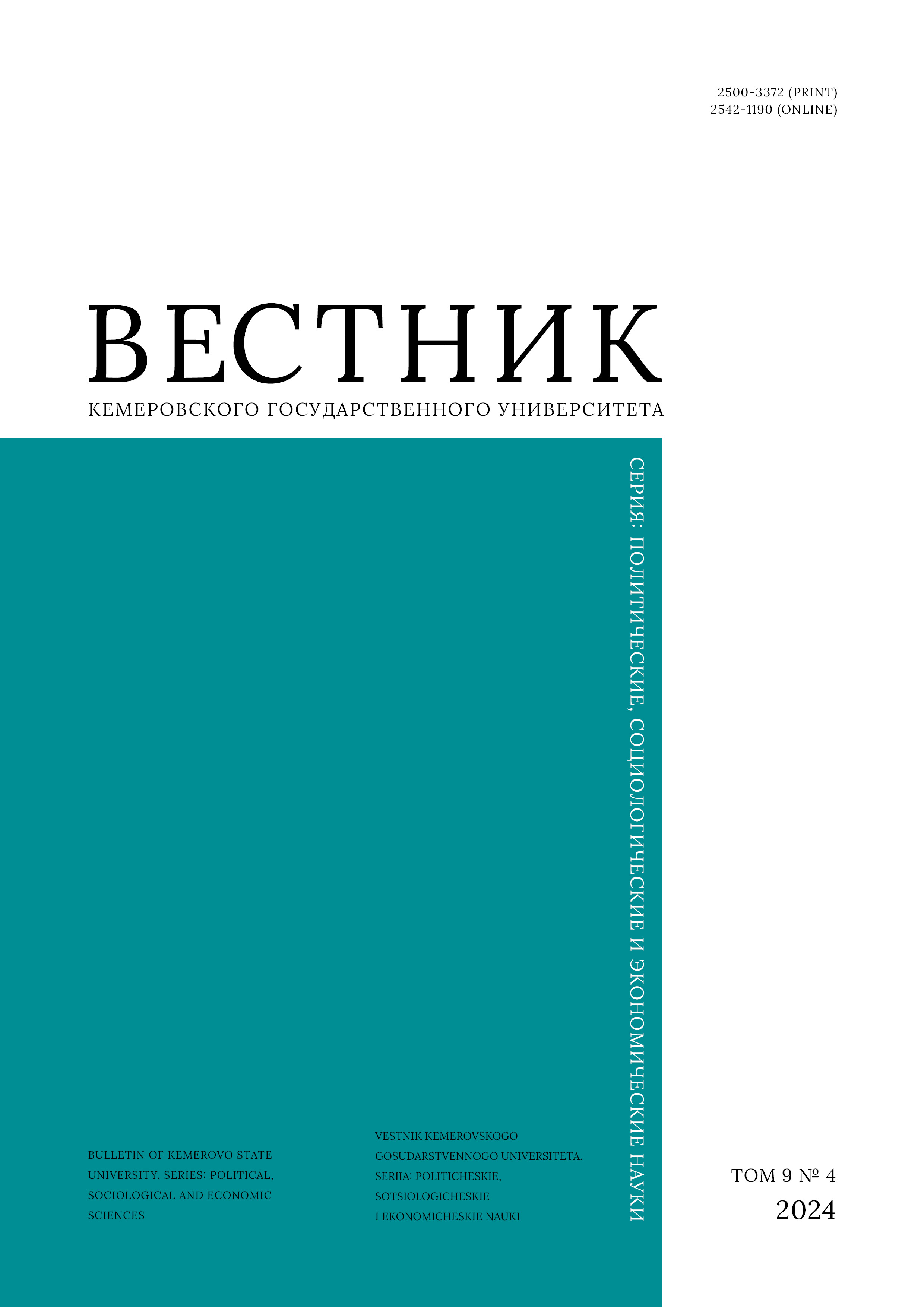Harbin, China
Harbin, China
Since the collapse of the Soviet Union, the Republic of Latvia has been altering its language policy towards the Russian language as a language of national minority. The article describes the evolution of language-related laws, as well as the social and role of the Russian language in Latvia. The authors combined various methods of linguistics, history, and politics to establish the importance of the Russian language in Latvian education and socio-cultural life. The current language policy focuses on consolidation, self-identity, and historical memory of the Latvian population. The resulting social tension requires more diversity and inclusivity to maintain the balance between the languages and preserve the cultural heritage. Stronger language rights for ethnic minorities could improve the social development and unity of Latvia. Latvia’s experience is important for China as a multinational country as it strives to find a balance between promoting the state language and protecting the languages of national minorities. The study of Latvia’s modern language policy and its historical roots contributes to the mutual cooperation between Latvia and China in economics, education, and culture. A good understanding of the national language is a key factor for business communications and cultural exchange.
Latvia, language policy, monolingualism, Latvian language, Russian language, State Language Center
1. Anderson B. Imagined communities: Reflections on the origin and spread of nationalism. Shanghai: Shanghai Century Publishing Group, 2005, 199. (In Chin.)
2. Jian Zhixiang, Ma Rong. Historical evolution of China’s language policy. Academic Monthly, 2023, 55(8): 123–144. (In Chin.)
3. Krysin L. P., Belikov V. I. Sociolinguistics. Moscow: Iurait, 2015, 352. (In Russ.) https://elibrary.ru/typuav
4. Dai Manchun. Theoretical construction of language policy and planning: Language governance beyond planning and management. Journal of Yunnan Normal University (Philosophy and Social Sciences Edition), 2021, (2): 29–38. (In Chin.)
5. Rundega K. Main results of Latvian Population Census 2021. Riga: Central Statistical Bureau, 2022, 217. (In Russ.)
6. Dimante I. V. Russian language in Latvia: Look into the past, present, and future. Communicative Studies, 2017, (1): 107–122. (In Russ.) https://elibrary.ru/yrxbmh DOI: https://doi.org/10.24147/2413-6182.2017.1.107-122
7. O’Connor K. The history of the Baltic States. Beijing: China Encyclopedia Publishing House, 2009, 256. (In Chin.)
8. Dai Manchun, Liu Runqing. Ethnic policy and ethnic integration in the Baltic States. Russian, Central Asian, and Eastern European Studies, 2010, (4): 17–24. (In Chin.)
9. Gushchin V. I. Post-Soviet Latvia is a deceived country: Why did the Popular Front of Latvia not lead to democracy? 1988–2013. Riga: BBaltic Centre of Historical and Socio-Political Research, 2013, 718. (In Russ.)
10. Zverev K. A. The Russian-speaking population of Latvia in the modern period: Correlation of status with local state historical politics. Vestnik of Kostroma State University, 2020, 26(4): 70–77. (In Russ.) https://doi.org/10.34216/1998-0817-2020-26-4-70-77 EDN: https://elibrary.ru/LIQFOR
11. Wang Tianju. New language provisions in Latvia’s law on education. Blue book of language life – report on the world language life situation (2020), 2022, 16–21. (In Chin.)
12. Buzaev V. V. Non-citizens of Latvia. Riga: LHRC, 2007, 117. (In Russ.)
13. Guliyiz Baishan. National language policy in Latvia. Blue book of language life – report on the world language life situation, 2018, 131–136. (In Chin.)
14. Kreichi E. Displaying the address of the Latvian State Language Center in Russian online publications. Russian language in the multilingual world, eds. Nikunlassi A., Protassova E. Helsinki: University of Helsinki, 2019, 209–225. (In Russ.)
15. Li Shiya. A brief analysis of Russification and de-Russification in Latvia. Russian Language Learning, 2018, (2): 57–60. (In Chin.)
16. Zhao Hongbao. Changes in language and education policy reforms in Latvia. Educational Modernization, 2018, (20): 118–120. (In Chin.)
17. Zverev K. A. Latvian policy on the Russian-language education. Vestnik Baltiiskogo federalnogo universiteta im. I. Kanta. Seriia: Gumanitarnye i obshchestvennye nauki, 2021, (1): 82–91. (In Russ.) https://elibrary.ru/nuqjhr
18. Liu Juan, Gong Lei. The policy of monolingualism and multilingualism in Latvia and Kazakhstan. Quaestio Rossica, 2019, 7(3): 955–968. (In Russ.) https://doi.org/10.15826/qr.2019.3.417 EDN: https://elibrary.ru/ZSBVWK
19. Krivtsova E. A new approach to Latvia’s language policy. Discrimination against Russians in the Baltic States: Causes, forms, and ways to overcome, eds. Gaponenko A. V. Moscow-Riga: MBHR, 2012, 128–133. (In Russ.)
20. Vorobev S. M. Discriminatory violations of human rights in Russia and abroad: Current status and prevention prospects. Lex russica, 2013, 95(2): 135–142. (In Russ.) https://elibrary.ru/pznykr
21. Manaev A. S. Russian in the legislation of the Baltic States. Obozrevatel, 2012, (9): 52–60. (In Russ.) https://elibrary.ru/pcrrpd
22. Zhang Tianwei. Research on foreign language education policy within the framework of foreign language pedagogy: Perspectives of agency and objective world. Foreign Language Teaching, 2023, (3): 65–71. (In Chin.)
23. Liu Juan. Latvia says no to the Russian language. World Knowledge, 2012, (8): 64–65. (In Chin.)
24. Jian Zhixiang, Ma Rong. Language, nation-state building, and national language policy. Academic Monthly, 2022, 54(9): 123–147. (In Chin.)
25. Wang Hui, Shen Suochao. Language research serving the Belt and Road initiative: Ten-year review and prospects. Journal of Beihua University (Social Science Edition), 2023, (6): 11–19. (In Chin.)

















